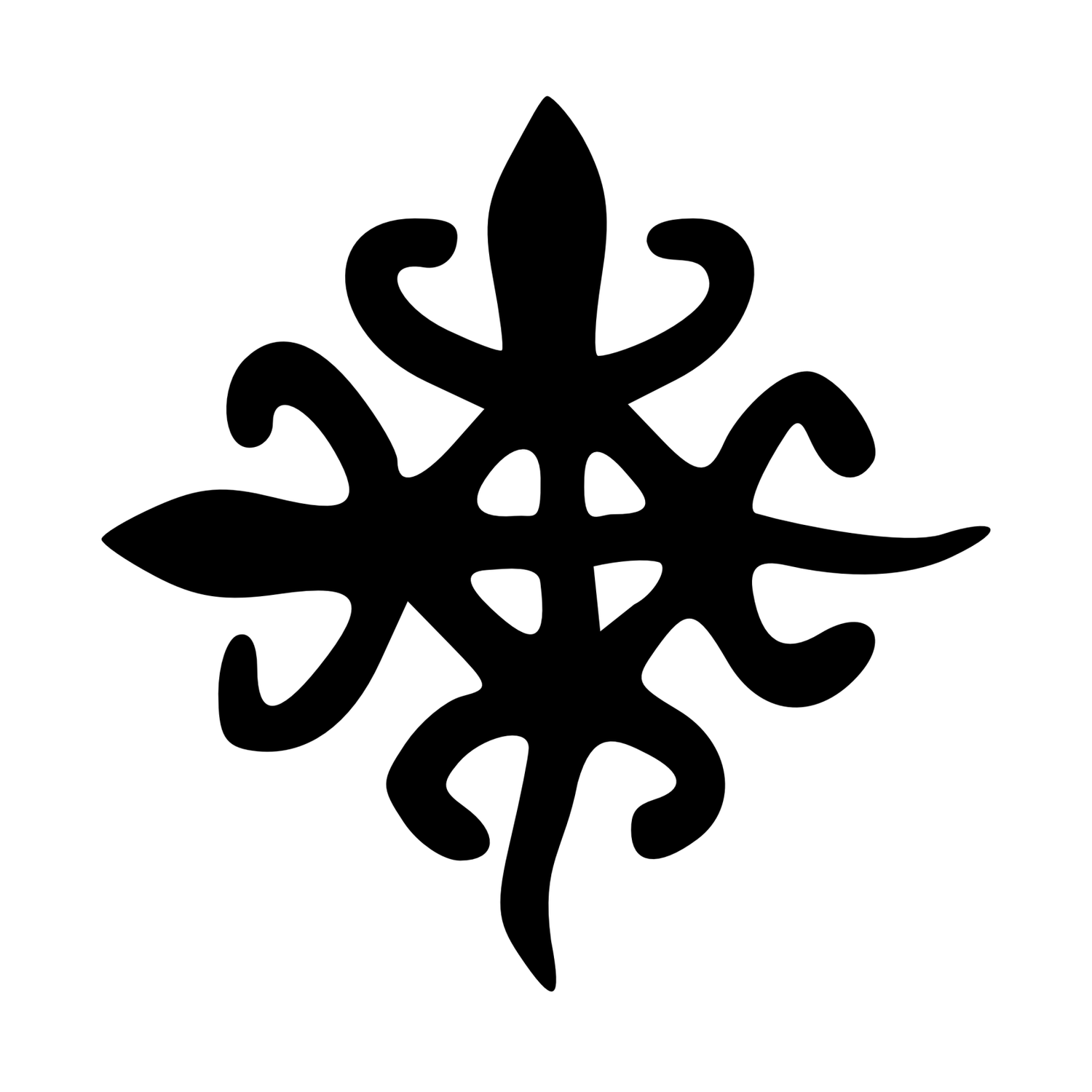The Siamese Crocodile
Siamese crocodiles are a symbol of democracy and unity. The Siamese crocodiles share one stomach, yet they fight over food. Ama, the amphibian of Dr. Monk, uses this symbol to tell a story of interconnectedness.
As a child in Ghana in the 1990’s, I attended what was considered one of the best schools of the country. I was taught that our local languages were not languages that mattered. That we were uncivilized people who needed to be civilized in school. Our teachers punished us if we acted too “bush” or uncivilized. God, Jesus and Mary were white people. They would also punish us. The ultimate versions of ourselves were the white people we saw in our books. The teachers rushed us into modernity leaving behind our cultures and traditions as excess luggage. It was all seen as “backwardness”.
At home, my mother and grandmother – who are both still alive - taught me something else, in a different language- our own. They are both illiterate. My mother would ask: “Why is money so important? Has money ever served anyone even a drink of water? People do that!” Especially my grandmother held a deep reverence for our environment. She has a deep understanding and dependence on plants and seasons. In her eyes rivers, oceans and trees are deities to be respected and worshiped. They are seen as essential parts of who we were, are, and would be. A teething baby is in fact accumulating ancestral wisdom, and each tooth is a type of trophy. Life was presented to me as something magical and precious. My grandmother needed the renewal of the seasons and the balance in life for her own survival. What was then the truth about our existence? What I learned at school or what I learned at home? What about the natural world? While at school we were taught we were above and beyond nature; at home I learned the opposite.
In my childhood memories, my Dutch father, an academic, joined in my grandmothers’ reverence of the natural world and worked hard to keep life simple for all of us. He told me about the revolutionary leader of Burkina Faso – Thomas Sankara -, who believed in the power of women, and invested in nation-wide agroecology programs that promoted local community food cultivation while regenerating the environment. Sankara argued that food aid was just a way of dumping food on African markets and making economies dependent on the colonial powers. He could see that our systems were not fair and could not be sustained. In learning about Sankara I started to question the reality created by my primary school. Was the European model so superior?
As a young adult I learned about the activists of the civil rights movement in the USA and I was inspired by them. Martin Luther King Jr. had radical ideas that went beyond the struggle for equal rights for black people in the USA. He saw the need for systemic change of society:
‘The fact is that capitalism was built on the exploitation and suffering of black slaves and continues to thrive on the exploitation of poor – both black and white, both here and abroad’.
He also called for a shifting of our focus from being a thing oriented society to a relationship oriented society. Not only has this system exploited black people and poor people, the very planet we inhabit is being exploited as we speak. The earth’s climate is out of sync and weather patterns and increasingly unpredictable. All this is threatening our very existence. The urgency for a profound shift, rearrangement and even discarding our systems is on code red! But what can we do?
The famous socialist scholar and Black Panther activist Angela Davis agrees with Kings point of view ‘…that would really be revolutionary to develop a habit of imagining the human relations and non-human relations behind all of the objects that constitute our environment’. This would lead us to question all of our production and consumption system. We will finally look behind the masks that blind us from the cruelty involved in production.
I once dreamt, Martin Luther King Jr, Angela Davis, Thomas Sankara, and my mother were sitting on my grandmother’s compound. Over cups of water, they discovered that they share the values of unity, wisdom, love and justice and a deep reverence for life. Values that seem increasingly radical in our divided world. My grandmother lives a simple life in a small village. She grows her own food and cooks for people on her compound. She has little money but is surrounded by many kind loving people who will fetch her a drink of water. my 4-year-old daughter is sometimes one of them. My grandmother is satisfied with what she has and tries to teach my daughter the same values. Her way of living is disappearing fast and is generally seen as inferior. Instead, we see ourselves as the champions of the world, while nature is the loser. It is an illusion. We do not fully realize that without nature there is no life. We need to examine our relationships: with ourselves, other people and nature.
The Adinkra symbol of Siamese crocodiles. Adinkra are visual symbols, originally created by the Gyaaman people of Bono, that represent concepts or aphorisms. Adinkra are used extensively in fabrics and pottery. They are incorporated into walls and other architectural features.
Ama's story first appeared in Dutch in the magazine 'O, Wonder', full of inspiring future-thinkers and do-ers.
